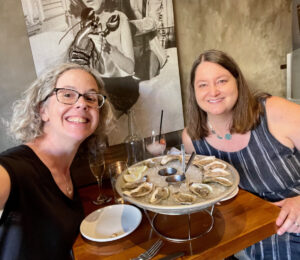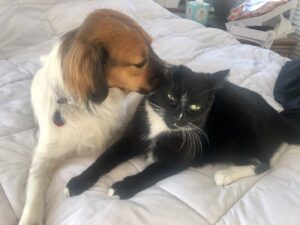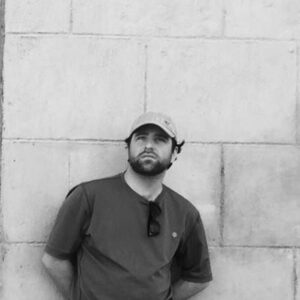Now we turn to the curriculum for 1121!
Originally, the 1121 curriculum focused heavily on the term “discourse communities,” in which we had students read the article “Understanding Discourse Communities” (which you’ll be reading this week) and we used the term a lot in our assignments. However, we found that in doing this, students’ writing spent a lot of time just defining the term instead of focusing on the communities they are a part of and the language of those communities. So with this in mind, we no longer write assignments that focus on the term “discourse community.” Instead, theories of Discourse Community structure the entire semester. Of course, it is up to you how much you want to focus on the term itself.
For this week’s asynchronous course, please do the following (by Nov 3):
- Watch THIS SLIDESHOW about the final portfolios. I have opened up a discussion board about the final portfolios on Perusall (it is under “chats: general discussion”) Please post there if you have any questions. You may also email me, but I prefer you use Perusall if you can because the whole group will be able to see any questions/ answers. Please note: this is the first time I’m using the Perusall discussion function. It’s an experiment!
- Read and Annotate “Understanding Discourse Communities” and discourse community slideshow (you don’t really have to annotate this part unless you want to. Just give it a look!) on Perusall. At some point in your Perusall comments, please reflect for a paragraph or more about how you feel about incorporating these theories into your teaching. (It may be awkward to do it this way, but we can keep it private on Perusall) Do you think you’ll keep the term “Discourse Community” in the background or you’ll talk to the students about it specifically? Do you think this theory is useful to teaching? Why or why not?
- We will do a revised version of the day one assignment for 1121 students together. It is as follows:
- First, watch “(un)Learning my Name” by Mohamed Hassan
- Second, write a new post on padlet about your own name. (I will email you this link so it will be a private page.) You can do it in whatever way you want! You can talk about the origins of your name, questions you have about your name, or a time you tried to change your name– or something else entirely. As part of it, you can add images or links to videos… whatever you think will help us get to know you and your experiences better. You can even add a link to a video. Or record an audio file and link to it. Or draw something and upload the image. Whatever you want. Remember: we’re all about composing in the 21st century, so feel free to do what you think would be interesting for us to see/hear/learn about. The idea is to get you thinking about how those issues affect you. How they’ve helped shape who you are.
- Read over 1121 UNIT ONE. If you have any questions about it, ask them on the 1121 unit one message board on Perusall (“chats: general discussion”)
- We will discuss this briefly when we zoom on Nov 10, but we will mostly focus on 1121 Unit 2 unless there is massive concern/ confusion.







